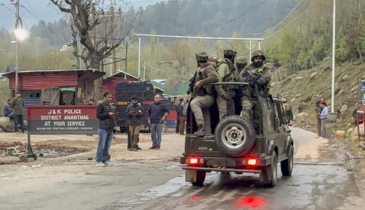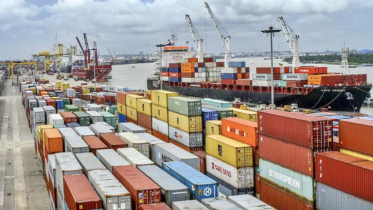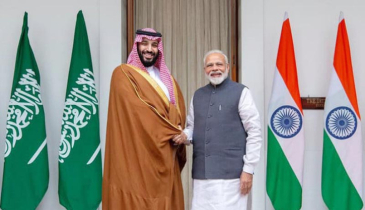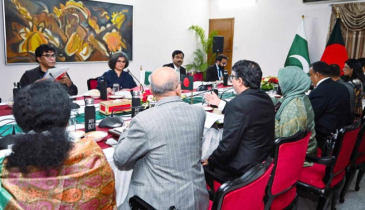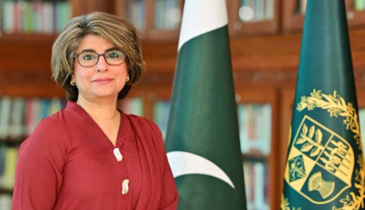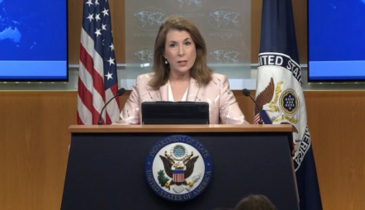Setback for Indian opposition as Modi's BJP gains momentum
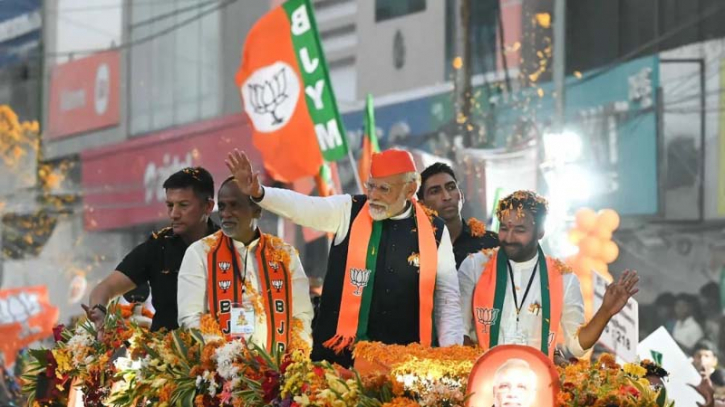
Efforts by the opposition to present a united front against Indian Prime Minister Narendra Modi in the upcoming national election are facing hurdles, with a significant party switching allegiances and two others breaking ranks.
This turn of events plays into Modi's strategy of securing a substantial majority in the election, slated for May.
The recent triumph of Modi's Bharatiya Janata Party (BJP) in regaining power in the eastern state of Bihar, following the departure of a regional party from the opposition alliance, positions the BJP to contest the election while governing three out of India's four most politically significant states.
Bihar, the fourth-largest contributor of directly elected lawmakers to parliament, and its neighboring state Uttar Pradesh—also under BJP rule—hold paramount importance for the ruling National Democratic Alliance (NDA). The NDA aspires to secure 400 out of the 543 directly elected seats in the lower house of parliament, a notable increase from the current 339.
Political analyst Sanjay Kumar remarked, "There's hardly any contest left for the 2024 election now," casting doubt on whether the main opposition party, Congress, can maintain its already modest seat count from the last two elections.
Despite an economic growth rate of 7.3%, the Modi government faces concerns about unemployment and underemployment, critical factors in securing voter support.
Presently, the BJP holds 290 seats in the lower house, while Congress has 48 and Bihar's Janata Dal (United), now aligned with Modi's alliance, holds 16. The shifting political landscape underscores the BJP's increasing dominance and raises questions about the opposition's ability to mount a formidable challenge in the upcoming election.
.png)


